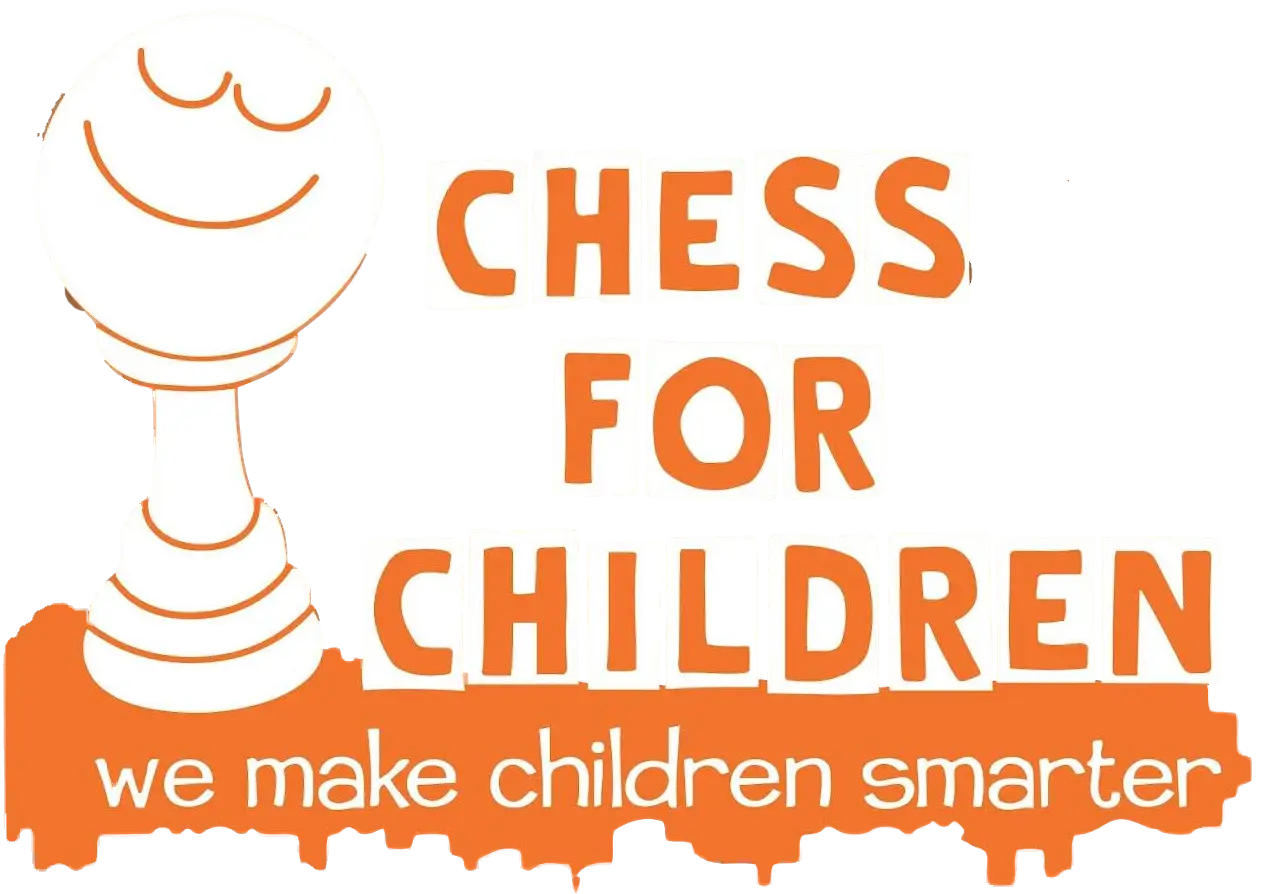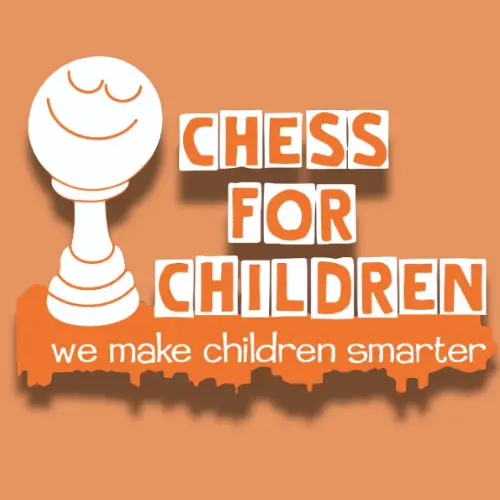Professor Pownalls's Oversight - Part 2
Story by H.R. Wakefield
Hello Chess for Children Kids your patience has been rewarded .Professor Pownall’s Oversight Pt 2 starts here.
You can either read part 2 or you can see our chess comic to the right it’s your choice.
This is the Chess comic continued from last month’s story. If you would like to like to read part 1 you can go here.
A good little article on this story can be seen here.
The story continues:
Morisson Always wins!
Before I left Flamborough, the Head Master sent for me and told me that he considered I had the best brain of any boy who had passed through his hands.
I thought of asking him, if that were so, why I had been so consistently second to Morisson all through my school career; but even then I thought I knew the answer to that question. He beat me, by 1 point for all the great University prizes for which we entered.
I remember one of the examiners, impressed by my papers, asking me to lunch with him.
‘Pownall,’ he said, ‘Morisson and you are the most brilliant under-graduates who have been at Oxford in my time.
I am not quite sure why, but I am convinced of two things; firstly, that he will always finish above you, and secondly, that you have the better brain.’
Graduation
By the time we left Oxford, both with the highest degrees, I had had remorselessly impressed upon me the fact that my superiority of intelligence had been and always would be neutralized by some constituent in Morisson’s mind which defied and dominated that superiority — save in one respect: we both took avidly to chess, and very soon there was no one in the University in our class, but I became,and remained, his master.
Chess
Chess has been the one great love of my life. Mankind I detest and despise. Far from growing wiser, men seem to me, decade by decade, to grow more inane as the means for revealing their ineptitude become more numerous, more varied, and more complex.
Women do not exist for me — they are merely variants from a bad model: but for chess, that superb, cold, infinitely satisfying anodyne to life, I feel the ardour of a lover, the humility of a disciple.
Chess, that greatest of all games, greater than any game! It is, in my opinion, one of the few supreme products of the human intellect, if, as I often doubt, it is of human origin.
Morisson’s success, I realize, was partly due to his social gifts; he possessed that shameless flair for making people do what he wanted, which is summed up in the word ‘charm’, a gift from the gods, no doubt, but one of which I have never had the least wish to be the recipient.
Did I like Morisson? More to the point, perhaps, did I hate him? Neither, I believe. I simply grew profoundly and terribly used to him.
His success fascinated me. I had sometimes short and violent paroxysms of jealousy, but these I fought, and on the whole conquered. He became a Moral Philosophy Don at Oxford: I obtained a similar but inevitably inferior appointment in a Midland University.
We used to meet during vacations and play chess at the City of London Club. We both improved rapidly, but still I kept ahead of him.
Freedom!
After ten years of drudgery, I inherited a considerable sum, more than enough to satisfy all my wants. If one avoids all contact with women one can live marvelously cheaply: I am continuously astounded at men’s inability to grasp this great and simple truth.
I have had few moments of elation in my life, but when I got into the train for London on leaving that cesspool in Warwickshire, I had a fierce feeling of release. No more should I have to ram useless and rudimentary speculation into the heads of oafs, who hated me as much as I despised them.
Directly I arrived in London I experienced one of those irresistible impulses which I could never control, and I went down to Oxford.
Morisson was married by then, so I refused to stay in his house, but I spent hours every day with him. The louts into whom he attempted to force elementary ethics seemed rather less dingy but even more mentally costive than my Midland half-wits, and, so far as that went, I envied him not at all.
Mastery
I had meant to stay one week; I was in Oxford for six, for I rapidly came to the conclusion that I ranked first and Morisson second among the chess players of Great Britain.
I can say that because I have no vanity: vanity cannot breathe and live in rarefied intellectual altitudes. In chess the master surveys his skill impersonally, he criticizes it impartially.
He is great; he knows it; he can prove it; that is all.
I persuaded Morisson to enter for the British Championship six months later, and I returned to my rooms in Bloomsbury to perfect my game.
Day after day I spent in the most intensive study, and succeeded in curing my one weakness.
I just mention this point briefly for the benefit of chess players. I had a certain lethargy when forced to analyse intricate end-game positions. This, as I say, I overcame. A few games at the City Club convinced me that I was, at last, worthy to be called Master.
Except for these occasional visits I spent those six months entirely alone: it was the happiest period of my life. My complete freedom from human contacts, excellent health, and unlimited time to move thirty-two pieces of the finest ivory over a charming checkered board.
I took a house at Bournemouth for the fortnight of the Championship, and I asked Morisson to stay with me. I felt I had to have him near me. He arrived the night before play began. When he came into my study I had one of those agonizing paroxysms of jealousy to which I have alluded. I conquered it, but the reaction, as ever, took the form of loathsome feeling of inferiority, almost servility.
Preparing for the Championship
Morisson was six foot two in height; I am five foot one. He had, as I impartially recognize, a face of great dignity and beauty, a mind at once of the greatest profundity and the most exquisite flippancy.
My face is a perfect index to my character; it is angular, sallow, and its expression is one of seething distaste. As I say, I know my mind to be the greater of the two, but I express myself with an inevitable and blasting brutality, which disgusts and repels all who sample it.
Nevertheless, it is that brutality which attracted Morisson, at times it fascinated him. I believe he realized, as I do, how implacably our destinies were interwoven.
Arriving next morning at the hall in which the Championship was to be held, I learned two things which affected me profoundly. The first, that by the accident of the pairing I should not meet Morisson until the last round, secondly, that the winner of the Championship would be selected to play in the forthcoming Masters’ Tournament at Budapesth.
Professor Pownall’s Oversight- Part 2 Comic


